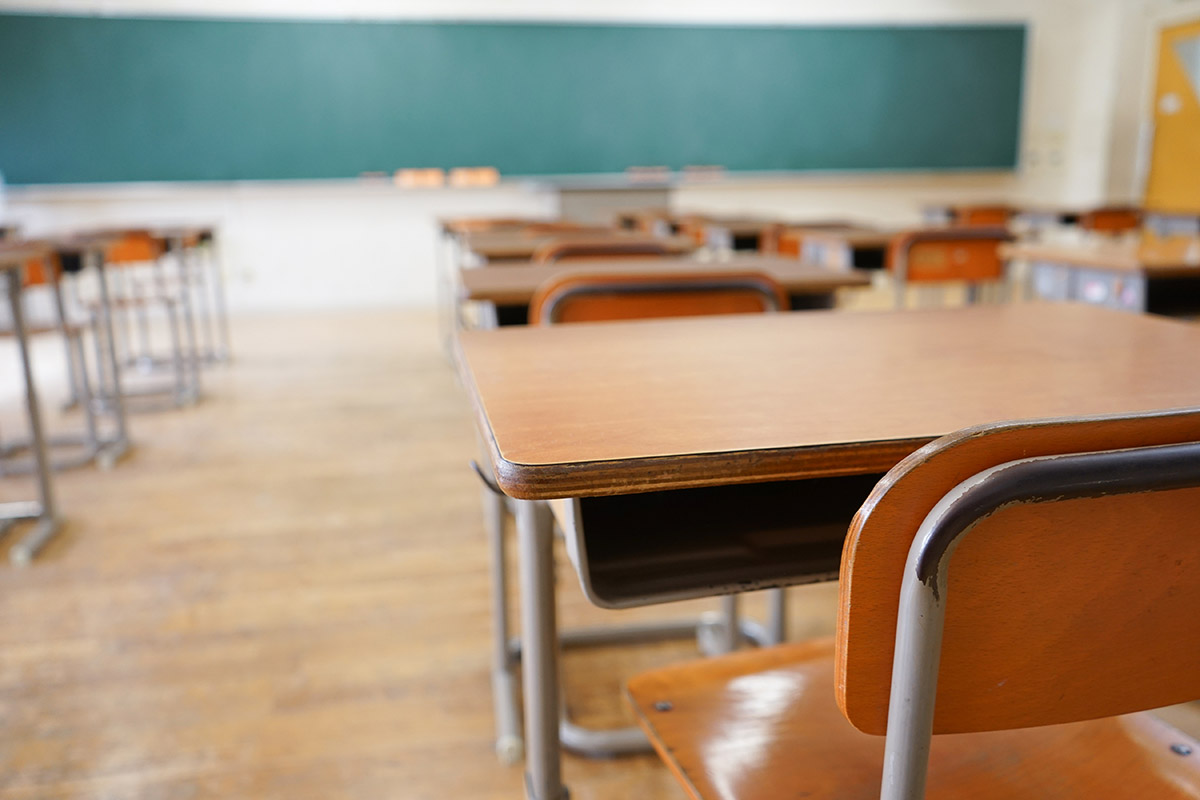The numbers show that banning suspensions does real academic damage.
When the Los Angeles school board voted in 2013 to ban suspensions for "willful defiance," board member Richard Vladovic said he supported it as an experiment, but would be "the first to stop it" if it hurt student learning. Well, the results are in: the experiment has failed. The ban has done substantial academic damage. If the board is actually willing to do what it asks of students, to learn, it will repeal the ban.
A first-of-its-kind study by a Boston University doctoral candidate demonstrates direct, causal harm from the ban – harm that's the greatest in schools that had to lower suspensions by the most. Until recently, academic studies basically said: "Schools with more suspensions are weaker academically than schools with fewer suspensions." From there, activists have assumed that lowering suspensions must therefore increase academic achievement.
This study gives the lie to that wishful logic. It compares academic growth in Los Angeles Unified School District middle schools before and after the ban. In schools that didn't have any suspensions for willful defiance before, academic growth improved slightly.
But in schools that had 1-10 suspensions, academic growth dropped by 18 percent of a standard deviation – essentially a fifth of a year of learning. And in schools that had more than 10 suspensions before the ban, academic growth plummeted by 30 percent, an effect equivalent to telling kids: "Don't bother coming back to school after spring break."
The alarming findings hold when comparing LA schools to schools across the state. There wasn't much difference in schools that didn't have suspensions. But in schools that did, growth in LA plummeted and remained stable in schools where suspensions were not banned.
Two years later, Oakland implemented a similar ban. The results there look even worse. In the first year of implementation, academic growth in Oakland lagged 44 percent of a standard deviation behind the state, an effect equivalent to telling kids: "Don't bother coming back to school after winter break."
Perhaps even worse than the academic damage: when suspensions are banned, kids end up feeling less safe in school. As a fellow at the NYC-based Manhattan Institute, I published a report last year showing that according to student responses on school climate surveys, schools in the Big Apple were getting more violent. I examined student answers to the exact same questions the year before the discipline shift and the year after, setting a 5 percent difference as a threshold for determining whether matters had changed. According to students, violence increased at 443 middle and high schools and decreased at 144.
New York's reform just gave teachers extra hoops to jump through before issuing a suspension. LA banned suspensions altogether, and the results were far, far worse. Applying the same standard, 214 middle and high schools became less safe and only seven improved.
After student surveys showed safety tanking, New York City changed its questions and answers to make future comparisons impossible. Los Angeles did the same thing. They might try to argue that, sure, safety was at historic lows in 2015 and 2016, but it rebounded by 2017. That's because they changed the answer prompts to that question.
Los Angeles and New York City are hardly exceptional. Reforms to lower suspensions have harmed kids in Syracuse, St. Paul, Virginia Beach, Philadelphia, Baton Rouge – the list goes on and on.
Hundreds of school districts serving millions of students overhauled their school discipline policies. They did not do so voluntarily. The Department of Education issued a dictate threatening school districts with a federal investigation if Washington didn't like the district's discipline numbers.
When these investigations occurred, districts were forced to overhaul their discipline policies and disaster swiftly followed. LAUSD did not ban suspensions entirely of its own accord; it was under an order to change from the Department of Education.
It should surprise no one that suspension bans hurt kids. After all, they're predicated on the notion that teachers shouldn't be trusted, that teachers are to blame for society's problems, that teachers engage in mass "racial discrimination," according to the former secretary of education.
That's absurd, and it's dangerous. Nobody knows how to manage their classrooms better than teachers. Certainly not career bureaucrats or professional activists. If the Los Angeles school board is willing to accept evidence and do what's best for kids, it will repeal the ban and start trusting its teachers again.
This piece originally appeared at U.S. News & World Report
______________________
Max Eden is a senior fellow at the Manhattan Institute. Follow him on Twitter here.
This piece originally appeared in U.S. News and World Report
